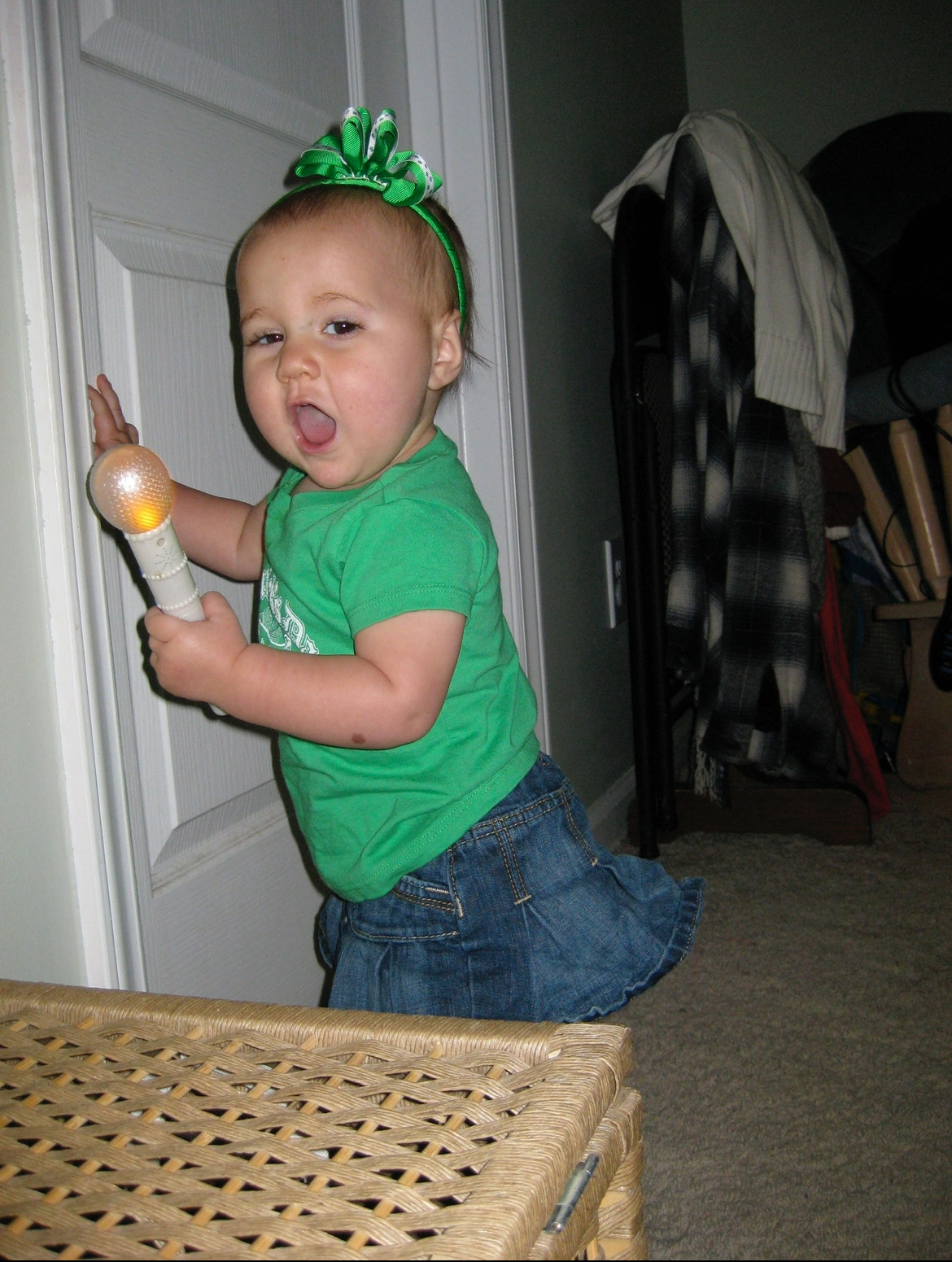Since the beginning of social media, short-form media has been at the forefront of social media apps, quick endless scrolling to feed our boredom, sounds perfect. But what if short-form content has a negative effect on our minds? What if it led us to quick attention spans, now moving from one topic to another hardly retaining new information.
From 2011 to 2017 was the birth and death of Vine, bringing in a whole new idea to comedy, content making/watching, and a way to knock out a quick 30 minutes by scrolling. Around the similar time from 2014 to 2018 there was Musically, an app to record videos lip syncing 15 seconds of your favorite song.
As both Musically and Vine had their tragic end, Musically was reborn into TikTok. At first the online community started being stubborn and hateful towards TikTok and its users, it would never be as good as the content that paved its way. People referred to TikTok as “cringy” and “corny” saying it was an embarrassment to post.
As more started to download, it slowly became something unavoidable. Everyone started to talk about it! The ones who loved TikTok felt like they all had their own little inside joke against the outside community.
We have apps following Tik Tok and its type of content, in the peak of Covid-19 Youtube released Shorts, and Instagram released Reals in 2020. As three of the most popular social media platforms, all had short-form content during the peak of endless scrolling, how did it affect how we view media.
Gen Z had their adolescents stripped, we were handed devices, and were stuck in the house. How were we meant to function and log onto Zoom pretending life was normal when the world was shut down. When there’s unlimited time and you have a little phone that holds unlimited content, you would endlessly scroll too.
Baby Boomers have a current recorded attention span of 20 seconds, for Millennials it’s 12 seconds and for Gen Z it’s recorded at 8 seconds. A study conducted by Microsoft found that the average human attention span has decreased by 4 seconds since 2000, and social media is one of the primary drivers of this trend.
Technology is a constant stimulation that can be seen as the one of the biggest factors for attention span shortening, so instead of looking at a computer screen all day and scrolling on your phone maybe try reading a book.
There’s no end for your eyes, constant bluelight straining your vision. So not only will your eyes get worse with time, you could start to become more unfocused from the constant media intake. Then that leads us to the question, how can we undo the effects of technology?
So when your daily scroll time eventually comes around, take a second chance and think about going for a walk or spending time with som


Leave a Reply